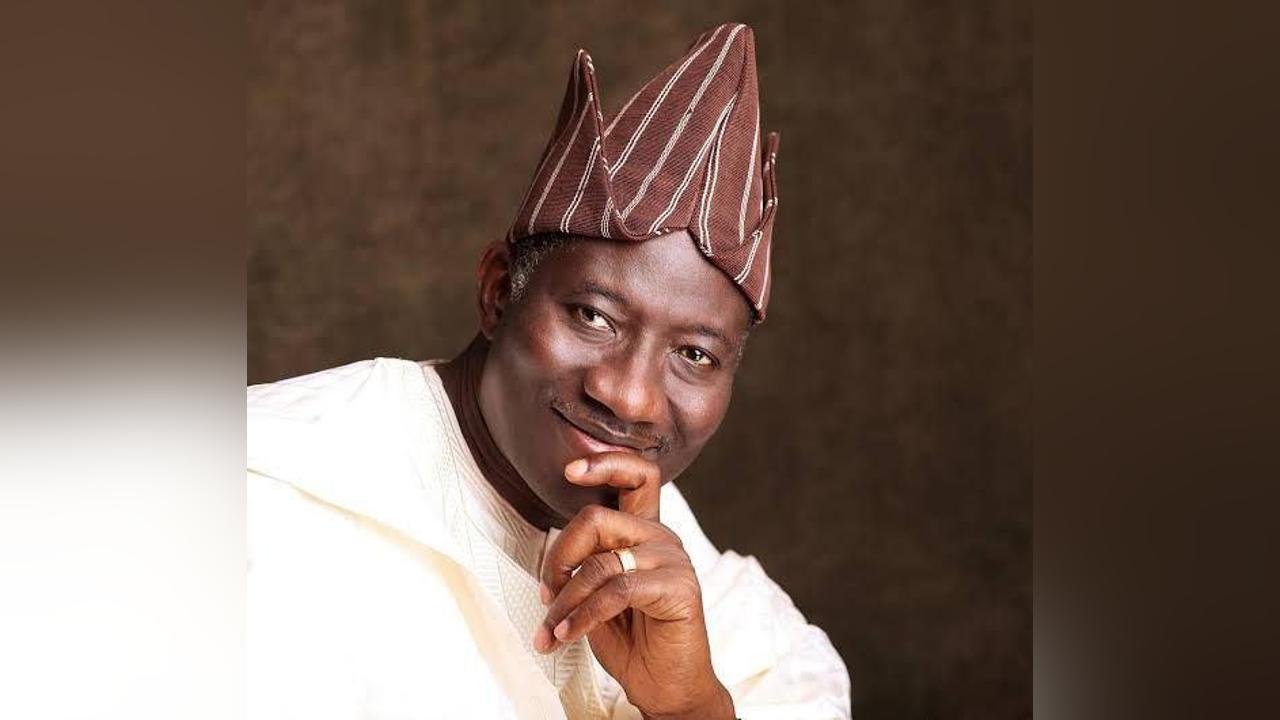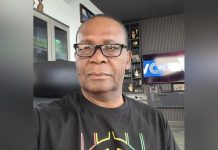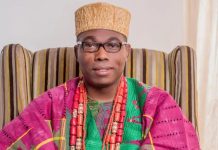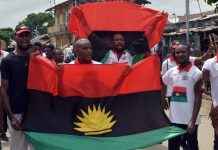Abba Hamisu Sani
Africa-Press – Nigeria. As the 2027 election approaches, many Nigerians see Goodluck Ebele Azikiwe Jonathan as the best alternative to dislodge Tinubu and serve the remaining one term allocated to the Southern part of the country.
Northern politicians in particular are looking for a candidate who can replace the incumbent, and Jonathan is the one who, according to Nigeria’s law, cannot serve for more than one term.
Agitations are gradually gaining momentum as prominent members of the People’s Democratic Party (PDP), such as former Jigawa State governor Sule Lamido, begin to describe Jonathan as the best candidate the PDP can present to Nigerians.
The former Minister of Foreign Affairs said that no southern candidate is a better alternative to former President Goodluck Jonathan, if he joins the PDP to contest the 2027 polls.
Lamido made this statement while appearing on Channels Television’s programme Politics Today on Friday, May 9, 2025.
“With all due respect to the PDP, I do not see a better alternative to Jonathan if he comes to the PDP. I do not see any other person, really, if the PDP is giving the presidency to someone from the South. Who in the PDP can stand up to Jonathan politically—in terms of experience in office, being cool-headed, being willing to listen, and believing in partnership?
When it comes to putting someone forward for Nigeria, people are more than willing to make sacrifices. For instance, I am sure Atiku and Obi will say, ‘Okay, I will make that sacrifice.’
The same thing applies if it is going to be Atiku or Obi. So, now that Nigeria wants somebody, anyone put forward by the PDP for Nigeria, Nigeria will support him,” Lamido stated.
The former governor urged the PDP to make a deliberate effort to bring Jonathan back into its fold.
“Jonathan’s experience, temperament, and leadership style make him the most suitable candidate among the party’s ranks,” the PDP chieftain added.
Jonathan’s Chances of Winning the 2027 Elections Are High
Dayyabu Baba, a political analyst, said that if former President Jonathan decides to contest under the PDP, his chances of winning the presidential election are high for five major reasons.
First, his simplicity, gentleness, and fairness to all—even at the expense of his ethnic group and zone—will count favorably for him. Moreover, he is not a desperado, a do-or-die politician, like the late General Muhammadu Buhari, President Bola Ahmed Tinubu, or Peter Obi.
Secondly, compared to General Olusegun Obasanjo, Buhari, and Tinubu, Jonathan is widely regarded as saintly, a good manager of the economy, a man of the people with compassion at heart, and a highly considerate person who is fair and just—not an ethnic bigot, religious zealot, regional hypocrite, or political desperado.
Thirdly, there is the popular perception that Jonathan’s administration was unjustly and unfairly targeted by parochial and degenerate elements within the APC and PDP, as well as some Western powers, including the United States. While people say he was voted out, the fact remains that he willingly, without much ado, handed over power to Buhari and avoided the bloodshed that Buhari and his hardcore supporters seemed ready to provoke.
But what were the results of throwing Jonathan out? Gross devaluation of the naira, steep increases in the cost of petroleum products and electricity, runaway inflation, high insecurity, widespread poverty, hunger, suffering, disease, rising numbers of out-of-school children, and avoidable misery.
Fourth, insecurity has worsened, with terrorism, banditry, genocide, infanticide, cannibalism, kidnapping for ransom, destruction of farms, rape of women, displacement of villages, seizure and renaming of communities, and various crimes against humanity.
Fifth, Jonathan would receive huge support in the North-West and Middle-Belt zones. As president, he neither triggered nor justified criminality, terrorism, or genocide, nor did he promote them.
2010–2015: What Makes Jonathan’s Leadership Outstanding
Victor Kalu, a political analyst and youth advocate, said that the administration of former President Goodluck Jonathan promoted the practice of democracy by creating an enabling environment where people from diverse backgrounds and divergent opinions could be accommodated. Under his watch, APC was registered by INEC as a mega opposition party strong enough to challenge the PDP at both state and national levels.
Jonathan’s administration gave a free hand to the country’s electoral umpire, INEC, to perform its statutory duties, with relative non-interference in electoral and judicial matters. This was evident in the number of governorship elections that were won, both at the polls and in court, by opposition parties in Anambra, Imo, and Osun states, among others.
The liberalization of the press and the guarantee of freedom of speech marked a turning point in a country where suppression of the press and denial of citizens’ rights to free expression had long been the norm, a legacy of more than 30 years of military rule. The existence of vocal anti-government media houses and critics, which in the past could have led to high-profile assassinations, now reflects a new reality where citizens are free to express their views whenever and wherever they wish, just like in any other democratic country.
Making the Nigerian Economy Number One in Africa
Opening Nigeria to the global business community made the country Africa’s number one destination for foreign investors. In the first six months of 2014, a total of $9.70 billion flowed into the national economy as foreign direct investment (FDI).
“Under the Goodluck administration, Nigeria rebased its Gross Domestic Product (GDP) for the first time in over a decade to become the largest economy in Africa, overtaking South Africa and Egypt in the process.
Proceeds from Nigeria’s non-oil exports rose to $2.97 billion by the end of 2013, up from $2.3 billion in 2010,” Kalu added.
The initiation of empowerment programs such as the Youth Enterprise with Innovation in Nigeria (YOUWIN) was another milestone of Jonathan’s government. The program aimed to generate over 100,000 jobs for innovative unemployed youths across the country.
The introduction of the Almajiri system of education in the academically disadvantaged northern parts of the country was another significant initiative of Jonathan.
To the dismay of Nigerians, the majority of the developments initiated by Jonathan were either abandoned or replaced with less important ones by his successors, Buhari and Tinubu.
His return in 2027 would open a new chapter in Nigerian politics, as his chances of winning the election are considered very high, given his already mentioned outstanding qualities.
For More News And Analysis About Nigeria Follow Africa-Press







